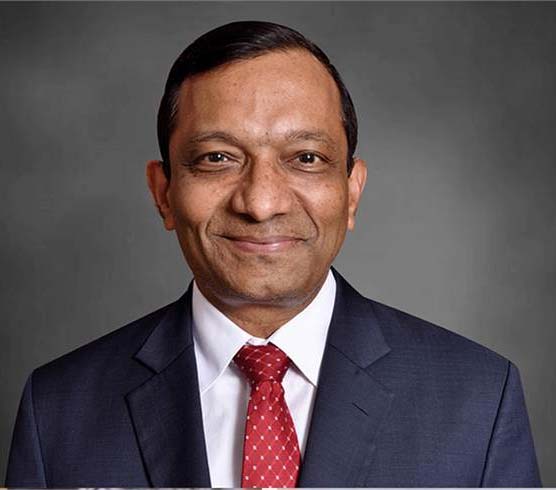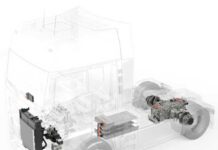
Indian businesses must create a clear customer proposition and differentiation rather than only competing on cost, Goenka opined. “You have to define what will differentiate you from others. Don’t end up being a commodity. You have to remain ahead of the game. And no matter what you are doing, technology will play a big role in staying ahead of the game,” he said.
There are several challenges that Indian companies need to overcome to be competitive at a global stage, but they must overcome a majority of these hurdles themselves before approaching the government to solve the remaining few, Pawan Goenka, head of the Steering Committee for Advancing Local Value-Add and Exports (SCALE), said.
The former Mahindra and Mahindra managing director was speaking at Isha Leadership Academy’s business leadership programme called ‘Isha Insight: The DNA of Success’. As the world looks beyond China for sourcing, it presents a tremendous opportunity to India, but domestic companies must innovate and develop distinct business propositions to attract global buyers, he said.
“We do have some disabilities in growing in exports. Some of it has to be solved by the industry, including MSMEs, and some of it has to be solved by the government,” Goenka said. “You have to solve seven out of 10 (problems), for the remaining we go to the government and ask it to solve it for us. But if you don’t solve seven out of 10, then we have no right to ask the government to solve the remaining problems.
Indian businesses must create a clear customer proposition and differentiation rather than only competing on cost, Goenka opined. “You have to define what will differentiate you from others. Don’t end up being a commodity. You have to remain ahead of the game. And no matter what you are doing, technology will play a big role in staying ahead of the game,” he said.
Highlighting the importance of risk taking, he said unless companies take calculated risks, they cannot make big gains. He shared the anecdote of Mahindra and Mahindra investing ₹600 crore in developing a new vehicle ground-up – the Scorpio – around the turn of the century. “In those days for a company like Mahindra and Mahindra to invest ₹600 crore in a new product was like betting the future of the company. If it didn’t succeed, the company may not even have existed today,” Goenka said. “But the bet succeeded beautifully. All the risks we took during development, all paid off,” he added.









